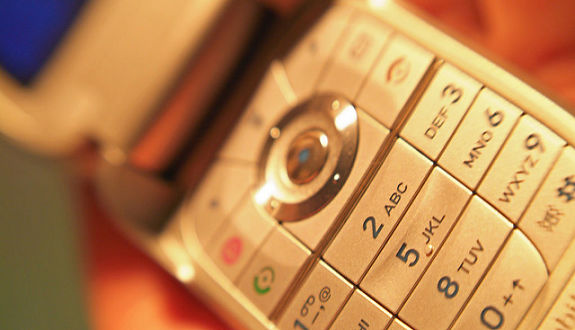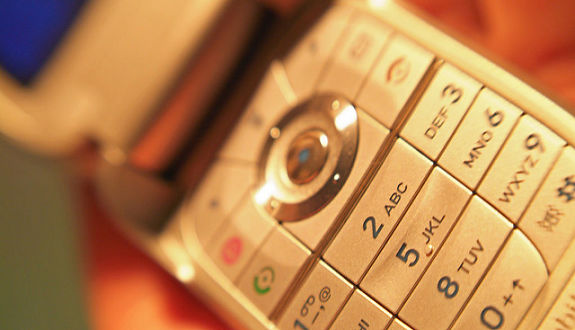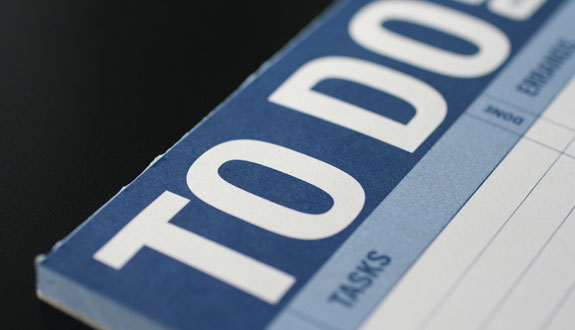
After twenty-seven years of a hardline position on cell phones, LSAC is finally softening its approach. Maybe.
For pretty much the entire history of the LSAT, cell phones were strictly verboten in LSAT test centers. From the Zack Morris-endorsed juggernauts in the early 90s, to the iconic Nokia bricks at the turn of millennium, to the bedazzled Razrs of the early aughts, to the BBM-enabled BlackBerrys that prefigured the current objects of our collective screen addiction, cell phones have always been prohibited at test centers. In fact, they still are. But for the September 2018 LSAT, LSAC is launching a pilot program at some test centers that will allow test takers to bring their phones into the room.
In an email sent out to test takers signed up for the September exam at participating test centers, LSAC said that it will allow people who “may require the use of a phone before or after the test (for example, to call a rideshare service)” to bring their phones into the test room. The phones will be put into a personal, LSAC-provided lockbox and placed underneath the test takers’ desks, and test takers won’t be able to access their phones until the exam is complete. LSAC has a full FAQ explaining how this pilot program is going to work on its website.
So LSAC should be commended for this policy change that will accommodate cell phones, which have been a staple of pretty much everyone’s life for … I don’t know … at least fifteen years at this point? Especially now that some test takers have never lived in a world without the Nokia 3310. Better a decade-and-a-half late than never.
When my students and I discuss the test day rules and regulations, we eventually get to the no “cell phones, beepers, pagers, personal digital assistants (PDAs)” policy. At which point, a student who relies on Uber or Lyft or rides from friends or family members to get around will ask me how the hell she’s supposed to get home after the test. The answer is to find someone who loves you unconditionally or who owes you a big favor, and have that person get to the test center around 1 pm and be prepared to wait, since the duration of the LSAT can vary significantly based on the test center and proctors. Having a cell phone at the end of the test would obviously resolve this predicament.
So kudos to LSAC for this change. At the same time though, I’m not sure that this change, strictly speaking, requires a pilot program or gradual implementation. Turning a cell phone off and then placing it in a little box seems pretty straightforward to me, but I’m no expert. Maybe LSAC needs some time to make tiny little baggage claim tags for each cell phone, to make sure no one accidentally grabs someone else’s lockbox.
In the email and FAQs, LSAC makes clear that this is, as of now, a one-time pilot program, and that cell phones are still not allowed for any future exam. They note that after they evaluate the pilot program, they may choose to implement the program nationwide. So if test takers want to a common sense policy change to accommodate the simple fact that cell phones are a staple of modern life, we better hope this pilot program goes off without a hitch.
So test takers and proctors at participating test centers: don’t screw this up. Test takers: bring your phones. You want to make it seem like the demand for this program is huge. But then make sure they’re turned off. A cell phone ringing or vibrating or making incessant text notification sounds while secured in a locked box might put this whole thing into jeopardy. Make sure you have your phone after of test and not some other poor schlemiel’s phone. We don’t want LSAC to be flooded with complaints of lost phones. Proctors: this should go without saying, but don’t lose or misplace a anyone’s cell phone. We know how sometimes things get lost on this test. So get out there, bring your phones, make this pilot program a success, and maybe we can drag LSAC’s test day policies into the twenty-first century.




